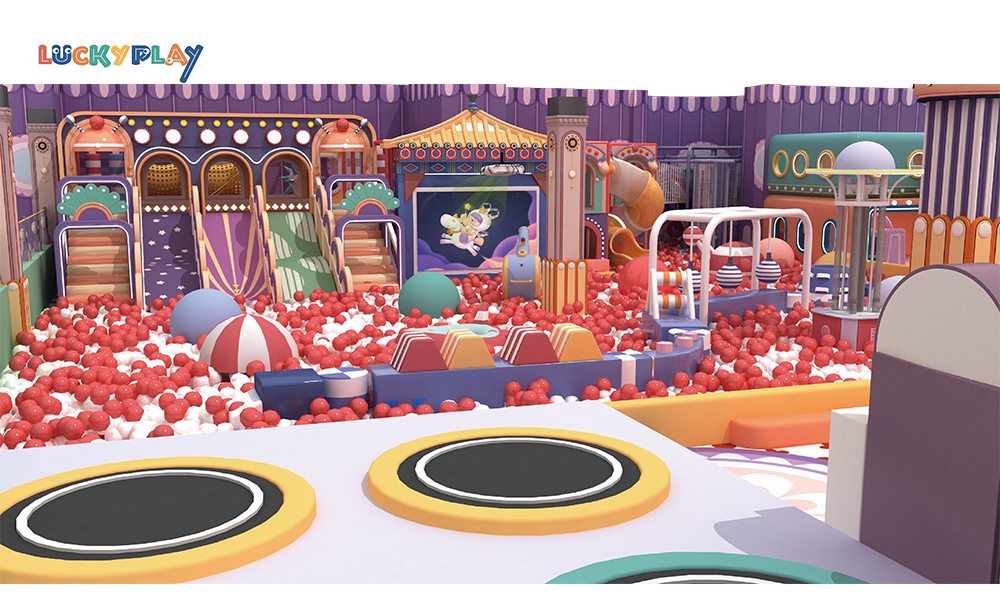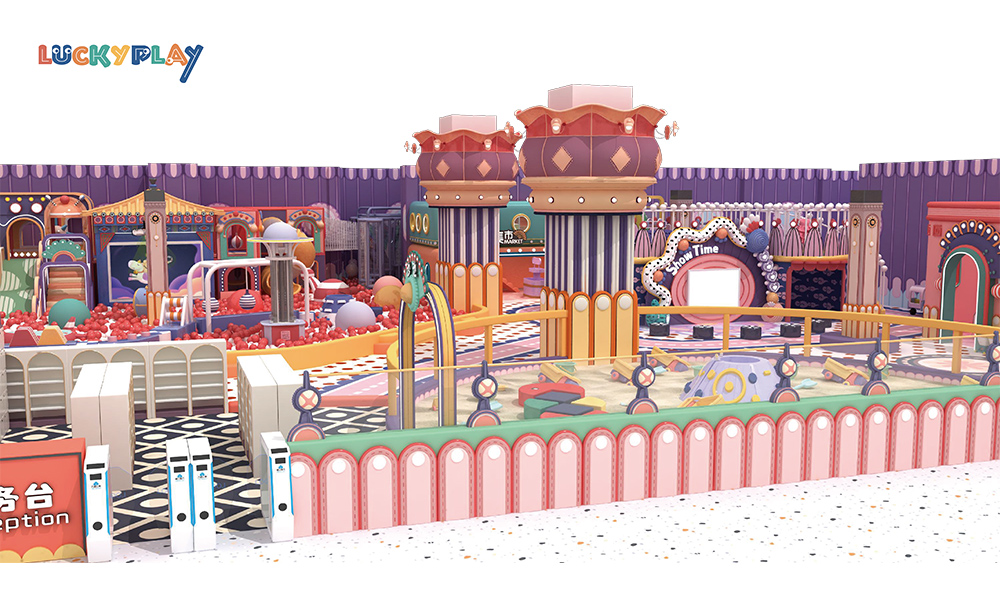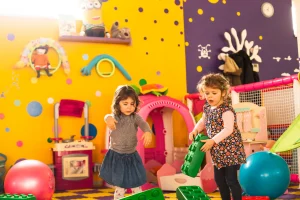When it comes to investing in children’s recreation, many entrepreneurs face a critical choice: indoor vs. outdoor playgrounds. While outdoor parks and play zones may seem cost-effective and visually appealing, their business performance is largely tied to one unpredictable factor—the weather.
By contrast, indoor playgrounds offer stable, year-round revenue—and bad weather isn’t a challenge; it’s an opportunity. Here’s why:
1. Weatherproof Revenue Stream
Outdoor parks suffer from low foot traffic during:
Rainy seasons
Hot summer days (due to heatstroke risk)
Snow or harsh winters
Air pollution alerts (in certain regions)
Indoor playgrounds thrive under the same conditions, becoming the go-to option for parents seeking safe, climate-controlled spaces where children can play regardless of external conditions.
Case Insight: One Luckyplay client in Northern Europe reported a 27% revenue increase during rainy months, driven by birthday parties, school holiday bookings, and increased walk-in traffic.
2. More Consistent Cash Flow = Faster ROI
Unpredictable weather means unpredictable income for outdoor parks. Rainy weekends or cold spells can wipe out your peak-time revenue.
Indoor playgrounds offer:
Predictable bookings (memberships, school visits, events)
Higher weekday traffic from toddlers and stay-at-home parents
Year-round upsell potential (café sales, merchandise, party add-ons)
This stability allows indoor operators to recoup investment faster and plan growth with confidence.

3. Easier Maintenance, Better Hygiene Control
Outdoor play equipment is exposed to:
UV radiation (which fades surfaces)
Rust from rain and humidity
Litter, animal waste, and vandalism
Indoor playgrounds, by contrast:
Stay clean, dry, and safe
Are easier to sanitize and maintain
Offer longer equipment lifespan and lower long-term maintenance costs
Our clients often achieve 30–40% lower annual maintenance expenses compared to similar-scale outdoor parks.
4. Parent-Friendly Amenities = Longer Visits
Indoor facilities can be equipped with:
Comfortable seating and coffee bars
Clean restrooms and baby-care areas
Wi-Fi and air conditioning
These features encourage parents to stay longer—translating into more food/beverage sales, better customer experience, and higher average spend per visit.
Outdoor parks often lack such amenities—or require extra investment for temporary shelters or food trucks.

5. A Scalable, Repeatable Business Model
Indoor playgrounds are modular and replicable. Once you build a successful location, it’s easier to:
Expand into malls, airports, or retail centers
Franchise or open multi-site operations
Create branded programs
Outdoor parks often rely on public land permits and are difficult to replicate at scale.
Don’t Let the Weather Decide Your Profits
While outdoor play spaces can be beautiful and budget-friendly, their success is seasonal—and unstable. Indoor playgrounds, on the other hand, turn bad weather into a business advantage, ensuring families return again and again.
If you want to build a stable, scalable, and weatherproof family entertainment business, indoor playgrounds are the smarter investment.








